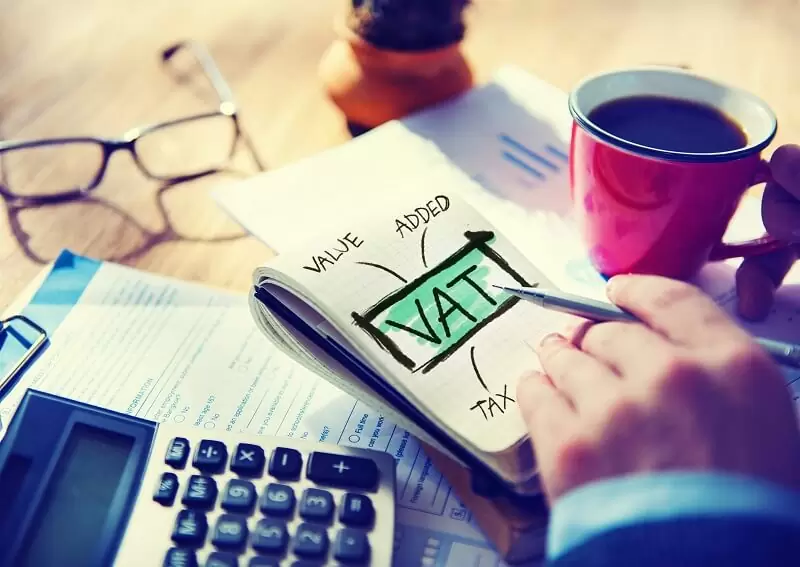Since indirect taxes account for a growing portion of the tax take, careful planning is required.
It frequently calls for quick thinking and quick action to comply with the broad spectrum of indirect taxes, from VAT to Stamp Duty Land Tax and Excise/Customs duty.
Addressing issues
To assist you in avoiding fines, our knowledgeable team proactively addresses compliance issues.

Transaction-Driven
VAT and indirect taxes are complex and transaction-driven, and they can significantly affect your revenue.
Plan for VAT
Before beginning a new project, we assist firms in making plans for VAT.
VAT Tax Features
In all areas, we provide guidance and assistance with the following problems:
Health Check
VAT risk and savings potential can both be found in health checkup reviews
Expert Advice
Expert recommendations for specific tax remedies
Tax Investigations
Investigations into indirect taxes, impartial evaluations, and Tribunal appeals
FAQs
- Which indirect tax is the main one?
-
The primary form of indirect taxation in the UK and other member states of the European Union (EU) is Value Added Tax (VAT). The majority of goods and services are subject to this consumption tax during the production and distribution stages. It also pertains to imports of certain products and services. The firm making the supply, i.e. the sale, is in charge of charging, collecting, and paying the VAT to the tax authorities at each stage of the process, even if VAT is ultimately borne by the consumer by being included in the price paid.
- Is the tax subject to a registration limit?
-
If the value of their taxable supplies in the UK exceeds the annual registration limit (i.e., £85,000) or is anticipated to do so soon, a "person" who either makes or plans to make taxable supplies of goods or services in the conduct or furtherance of a business must register for VAT. Even though the registration limit has not been reached, a firm may choose to register voluntarily.
- Penalties are imposed in other situations, too?
-
Yes. Businesses that violate the VAT laws may face a variety of penalties. Tax return mistakes and omissions, as well as late tax payments, are subject to civil penalties and interest. Penalties may also be imposed if a company fails to keep proper records, fails to furnish information (including supplementary declarations), or commits persistent errors. For more serious matters, criminal actions may be initiated.








